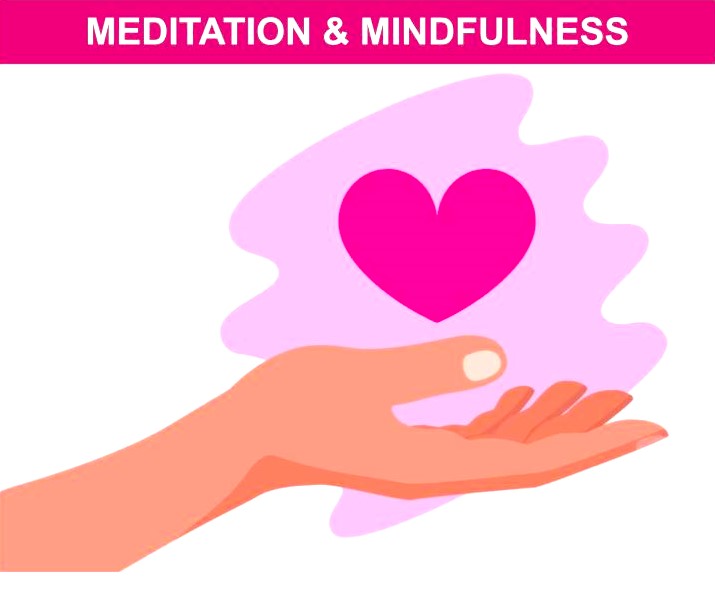
“When the crowded Vietnamese refugee boats met with storms or pirates, if everyone panicked all would be lost. But if even one person on the boat remained calm and centered, it was enough. It showed the way for everyone to survive.”
— Thich Nhat Hanh, Buddhist monk
We live in troubling times. Using mindfulness and other meditative techniques to find balance can help us regulate our emotions, and perhaps also allow us to pay attention and care for those around us. Starting in 2005, Harvard neuroscientist Sara Lazar began to publish findings that meditation can change the structure of your brain. By 2014, follow-up studies showed that meditators’ brains tend to be enlarged in multiple regions, including the insula (involved in emotional self-awareness), parts of the cingulate cortex and orbitofrontal cortex (involved in self-regulation), and parts of the prefrontal cortex (involved in attention). Studies also indicated that meditation can change your neural circuitry in ways that make you more compassionate, as well as more inclined to see things from another perspective.
There are so many meditation online courses, apps and podcasts available now. One of my favorite podcasts to listen to is by Tara Brach, an American psychologist and a widely respected teacher of Buddhist meditation. Her teaching blends Western psychology and Eastern spiritual practices, mindful attention to our inner life, and a full, compassionate engagement with our world. Take care and be well.
–Alice Wong, NP
https://www.vox.com/future-perfect/2020/1/10/21013234/meditation-brain-neuroscience-moral-obligation
